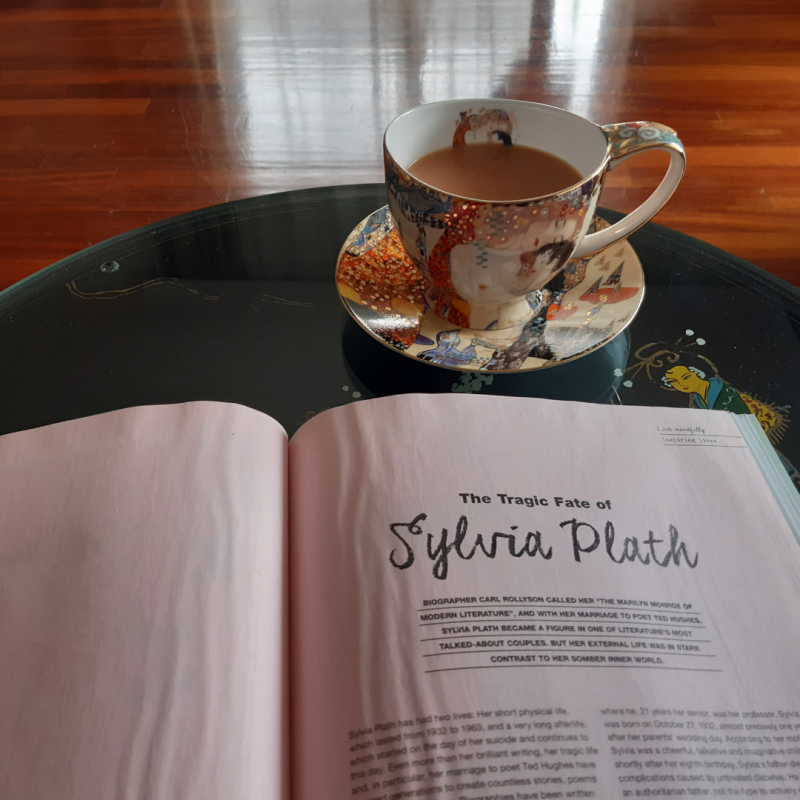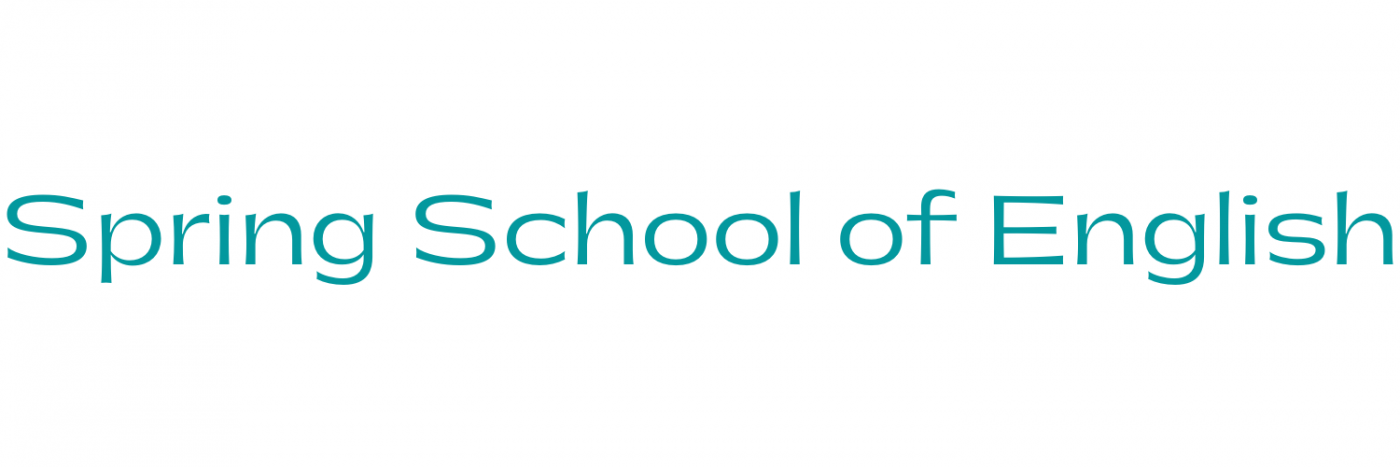
“Try to think in English.” Sound familiar? It’s a favourite among teachers and with a good reason, of course. Students more often than not struggle to express themselves in a foreign language mainly due to the influence of their first language. They resort to translating a lot which usually results in awkward or unnatural language constructions and inevitably more stress since they are not trained translators to begin with.
But, to come back to the teachers’ wise advice of ‘thinking in English’, this actually is what will eventually lead to the development of natural language fluency. The question is – how? How can you start thinking in English if you’re not a native English speaker? How can you become a better speaker of English, which we assume was the reason you started learning English in the first place?
The answer is quite simple, really – read.
Read often and read a lot
Make it into a habit to read anything from a couple of lines, a passage or two to a couple of pages of a book every single day or at least as often as possible. Some people like to start their day off with a newspaper, magazine or their favourite book. Others like to end their day this way and opt to read in bed. Still, others make room in their daily schedules for a 15-minute or so break to read something that will help them to unwind. If you are already a bookworm, it will come as no surprise that there are numerous benefits to reading. All you have to do, in this case, is switch to materials written in English. If, however, you’d like to know more about how beneficial reading books is, you can check out our previous post.
You can start small by setting yourself a goal of reading a page a day and then gradually increasing your daily ‘dose’ to a chapter a day. You could also read a magazine or newspaper article a day before you can come to a point when one becomes two or three. But even if you stay on one, try to be consistent and read something every day until it becomes a firmly established habit of yours, something like second nature to you.
Read all kinds of texts
Books are an obvious first choice for us bibliophiles for many a reason. They transport you to different worlds and realities almost instantly and paint pictures with words that stay with you long after you’ve stopped reading. However, there are a plethora of reading materials you can make good use of such as newspaper and magazine articles, blog posts (like this one), film scripts, theatrical plays, poems, recipes or cookbooks, manuals with instructions and directions for use, comics, even cereal (or any other food item) box or packaging of any kind, and so on. It all counts and it’s all useful. It might be a good idea to start with materials you’re genuinely interested in, though. Choose titles or topics that you would just as well choose in your native language. The last thing you want is to lose interest and give it up just because you chose unwisely but do keep an open mind and experiment with various genres and materials once you ‘warm up’ to reading in English. In fact, why don’t you start by visiting our Reading Room where you can read the first chapters of classics as well as contemporary literature, our favourite magazine articles, non-fiction texts and more!
Read aloud
You might start giggling at first, especially if you record yourself doing it, which we highly recommend, but that’s actually one of the important benefits of reading aloud – it puts you in the right mood. You are instantly relaxed and cheerful which will take a lot of the edge off the very daunting prospect of reading a text in a foreign language. Reading aloud gives you a perfect opportunity to play. You can experiment with different accents, different volume from whispering to shouting, you can practice stress and intonation, you can even read the text as somebody else, your favourite actor or actress, for instance. Play with your voice and let your vocal apparatus get used to the foreign language. If you do this on a regular basis, you will soon reap the benefits of improved focus, better reading comprehension, enriched vocabulary, even sharpened listening skills. You can start by choosing a short passage and proceed to dialogues from books or interviews. An extra tip is to read the passage (at least) 3 times: first to yourself to get better acquainted with it, second to hear what it sounds like in your own voice and third to try to perfect it by making small alterations and improvements.
Reread favourites
When you’re just starting to read in English, you’ll get a lot out of rereading your favourite novels. Pull out a few of your favourite books written in your mother tongue and browse through them. Pay attention to the writing style. Does the author use the present or past tense? Is the story told in the first person? Are there multiple storylines? What genre is it – a thriller, a romance, a mystery, an adventure? Answering these questions can help you choose what to read in English. Reading in a foreign language is daunting as it is, you might want to choose familiar texts to start with. You already know the plot and the characters so you won’t worry too much about unknown words which will help you to concentrate better.
Listen to audio materials
While listening isn’t exactly the same as reading a book, it has various added benefits. Listening to audiobooks as well as podcasts while you’re on your daily commute, washing the dishes or just sitting on a park bench enjoying the weather or the view will not only ‘keep you company’ but will also sharpen your listening skills, improve your memory and expose you to lots of grammar and vocabulary. When used in combination with the written text, it can further help with the pronunciation, intonation and rhythm since your ears will hear what your eyes can see while your brain will most probably make the necessary connections To start you off with, you can check out ‘The Book Club Series’ on our podcast in which we read a chapter of a book in each episode.
